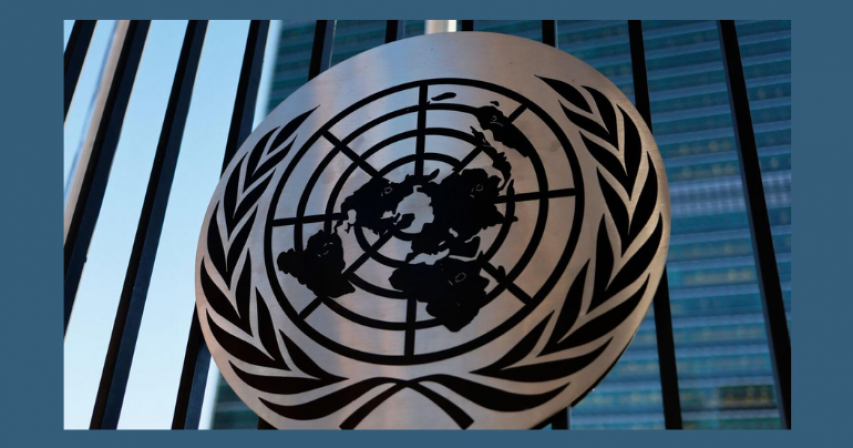UN Security Council fails to reach 'consensus' on Palestinian membership

The recent failure of the UN Security Council to reach a consensus on the Palestinian bid for full UN membership has once again brought the longstanding issue of Palestinian statehood to the forefront of international diplomacy. The Palestinians, who have held observer status at the UN since 2012, have been striving for years to gain full membership, a move that would signify global recognition of their statehood and rights.
The Security Council's inability to achieve consensus on this matter underscores the deep-seated complexities and divisions surrounding the Israeli-Palestinian conflict. With the United States, a staunch ally of Israel, holding veto power in the Security Council, any attempt by the Palestinians to secure full membership faces significant hurdles.
In the latest development, the Security Council launched a formal review process in response to the Palestinians' revival of their 2011 UN membership application. This decision followed Israel's offensive in Gaza, which reignited international attention on the plight of the Palestinian people and their quest for self-determination.
During a closed-door meeting chaired by Maltese Ambassador Vanessa Frazier, who holds the council's rotating presidency for April, it was revealed that there was no consensus among council members. While two-thirds of the members expressed support for granting full membership to Palestine, the lack of unanimity prevented the ad hoc committee from advancing the process.
The next step in this diplomatic saga is likely to involve a formal vote within the Security Council, with Algeria, representing Arab nations on the council, expected to bring forth a resolution on April 18. However, the prospects of such a resolution passing remain uncertain, as observers anticipate a veto from the United States, even if the resolution garners the required nine out of fifteen votes.
The Palestinian quest for full UN membership is not merely symbolic; it holds profound implications for the rights, sovereignty, and international standing of the Palestinian people. By seeking recognition as a full-fledged member state, Palestinians aim to assert their legitimate aspirations for statehood and self-determination on the global stage.
For Palestinians, the quest for UN membership represents a crucial step towards rectifying historical injustices and securing a brighter future for future generations. It is a reaffirmation of their right to exist as a sovereign nation and a testament to their enduring resilience in the face of adversity.
However, the road to full UN membership remains fraught with challenges, including geopolitical rivalries, regional tensions, and entrenched diplomatic opposition. The Israeli-Palestinian conflict, one of the most protracted and contentious disputes in modern history, defies easy solutions and continues to exact a heavy toll on the lives and livelihoods of millions of people.
As the international community grapples with the complexities of the Israeli-Palestinian conflict, there is an urgent need for renewed diplomatic efforts to advance a just and lasting resolution. A comprehensive and inclusive peace process, based on the principles of international law and relevant UN resolutions, remains the most viable path towards achieving a two-state solution and fulfilling the aspirations of both Israelis and Palestinians for peace, security, and dignity.
In conclusion, the failure of the UN Security Council to reach consensus on the Palestinian bid for full UN membership underscores the formidable challenges facing the quest for Palestinian statehood. Despite this setback, the Palestinians remain steadfast in their pursuit of justice, equality, and self-determination, as they continue to advocate for their rightful place among the community of nations on the world stage.
By: Sahiba Suri





Comments